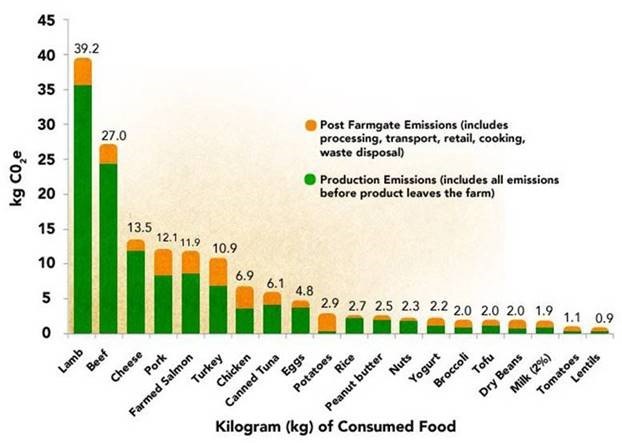We focus so much on plastic waste, what about wood waste? It's great that it goes back to the earth and all that, but if you're not using your wooden cutlery, is it really helping? Your wooden cutting board is great but if you don't take care of it and every year have to recycle it, is it helping? Buy nice or buy twice when it comes to furniture, sure, but where is that furniture coming from? Can you thrift it? Through googling I did found out that Ikea furniture is aiming to be 100% recycled materials in the next few years and currently at 80% recycled. THAT was exciting because for being a 'fast fashion' version of furniture, it means it'll be more widely adopted by young people without them even realising it. Sustainable doesn't have to mean niche. Or expensive. Or extra work. How do we get other companies to follow that model?
And as a bit of side, but valid, note - here's a frame from a project I'm already working on regarding food waste for a Green Team presentation which focuses on waste of resources from the start of the production chain to our habits at home. This was an epiphany for me you may find value in, looking at your own eating habits: lamb, the only meat I actually really, really like and wouldn't give up in my otherwise 80% veg, 10% vegan diet, is so bad for the world, emissions-wise.

Where do you fall? Maybe your rice can be swapped for more lentils. Food for thought!
-
 Rachel MacNaught 4/05/2019 9:05 AMI realise I went down a total tangent, but the diet side seemed so easy to me. I already eat as local as possible, and haven't bought processed foods for my home in years.
Rachel MacNaught 4/05/2019 9:05 AMI realise I went down a total tangent, but the diet side seemed so easy to me. I already eat as local as possible, and haven't bought processed foods for my home in years.